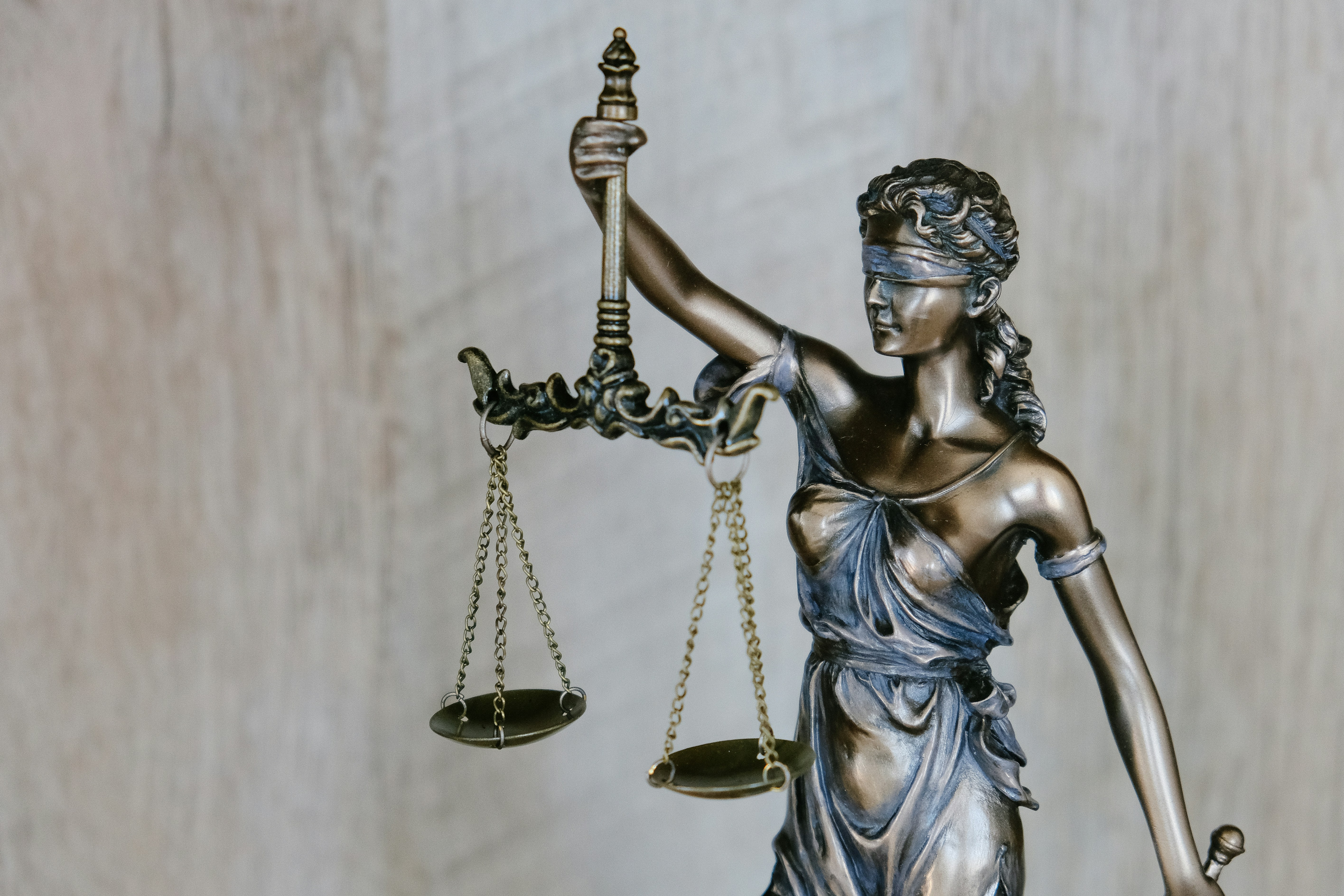Navigating the Indian Legal Landscape: Insights, Rulings, and Rights
September 17, 2024 | by ganeshtripura47@gmail.com
 Photo by Tingey Injury Law Firm on Unsplash
Photo by Tingey Injury Law Firm on Unsplash Understanding Recent Legal Rulings in India
Recent legal rulings in India have significantly shaped the judicial landscape, influencing not only the legislative framework but also the everyday experiences of citizens. Among these rulings, a few stand out for their profound implications on civil rights and social justice. One notable case is the Supreme Court’s decision on the right to privacy, which recognized it as a fundamental right under Article 21 of the Indian Constitution. This ruling has far-reaching consequences, impacting data protection regulations and the use of personal data by both the state and private entities.
Another prominent ruling addressed the issue of the death penalty. The Supreme Court reaffirmed its stance that capital punishment can only be administered in the “rarest of rare” cases. This verdict emphasizes the balance between the interests of justice and the protection of human rights, reflecting a nuanced approach to severe punishments. Legal experts suggest that this ruling not only shapes the sentencing framework but also invokes broader discussions on the morality and legality of capital punishment in a modern democracy.
Additionally, the recent judgment regarding same-sex marriage adds another layer to the evolving legal narrative. The court acknowledged the need for equitable rights for the LGBTQ+ community, signaling a crucial step towards inclusive legal reform. The ramifications of this case extend beyond marital rights; it opens avenues for comprehensive legislation that ensures the protection of individual freedoms and civil liberties.
These landmark rulings not only address specific legal questions but also embody a broader trend reflecting the dynamic nature of Indian law. They reshape the landscape of civil rights, expand the ambit of legal protections, and signal a growing sensitivity towards societal changes. Legal experts continue to analyze these implications, offering readers valuable insights into how such decisions profoundly impact the rights and everyday lives of citizens across India. In conclusion, understanding these recent legal rulings provides a framework for appreciating the ongoing evolution of the legal system in the country.
Practical Advice on Your Rights Under Indian Law
Understanding your rights under Indian law is crucial for navigating the complexities that individuals may encounter in various legal scenarios. To begin with, one should be aware of the basic rights guaranteed by the Constitution of India, including the right to equality, freedom of speech, and the right to a fair trial. Familiarizing oneself with these fundamental rights can serve as a strong foundation when addressing specific legal issues.
In the realm of family law, individuals may seek counsel regarding marriage, divorce, child custody, and inheritance. Understanding the relevant laws, such as the Hindu Marriage Act or the Special Marriage Act, can empower individuals to make informed decisions. For instance, if you are considering divorce, it is essential to know the grounds recognized under these laws, as well as the legal implications of custody arrangements for children.
Consumer rights are another significant aspect of Indian law, protecting individuals from unfair trade practices. The Consumer Protection Act provides avenues for filing complaints against businesses that engage in deceptive practices. Individuals should maintain receipts and documentation of transactions to support their claims effectively.
Labor laws are designed to safeguard workers’ rights in various sectors. For those employed in formal settings, it is vital to understand the rights pertaining to minimum wage, overtime pay, and workplace safety. In the event of disputes regarding employment contracts or unfair dismissal, resources such as the Industrial Disputes Act can offer guidance on how to approach grievances.
When faced with criminal charges or legal issues, it is advisable to seek legal assistance right away. Consulting with a lawyer can clarify your rights and the possible consequences of your situation, ensuring that you navigate the criminal justice system effectively. Additionally, remaining informed about amendments and changes to laws can greatly aid in defending one’s rights. For instance, staying updated on recent changes to labor laws may affect your entitlements or obligations as an employee.
RELATED POSTS
View all


